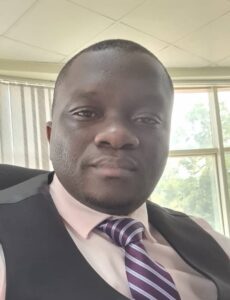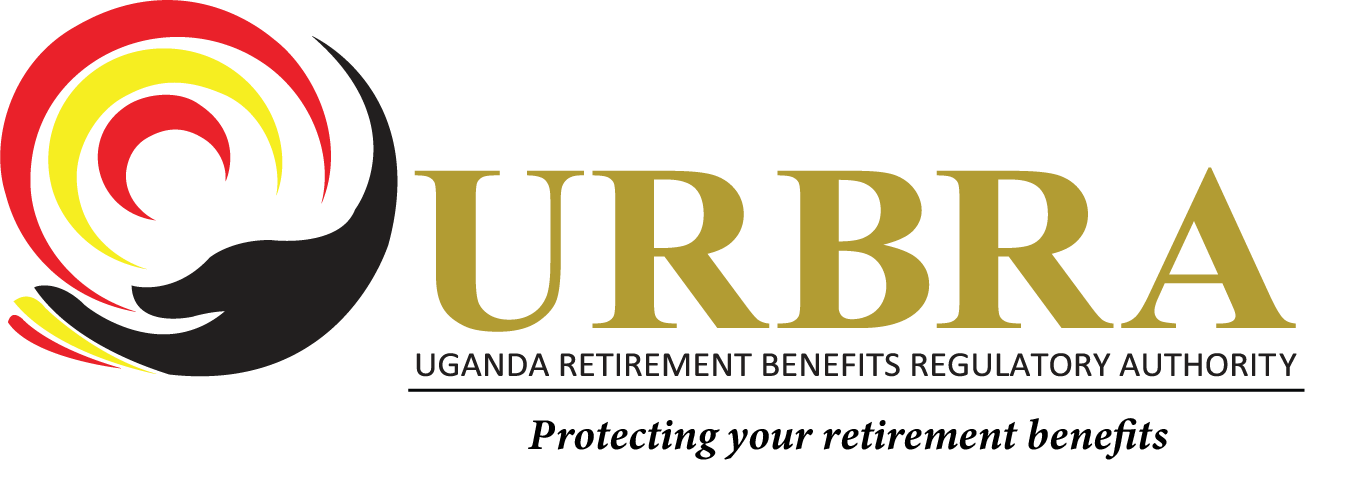Aspiring for financial freedom? Here are some tips

Rogers Lubega
Supervision Officer-URBRA
‘…Unoka, for that was his father’s name, had died ten years ago. In his day he was lazy and improvident and was quite incapable of thinking about tomorrow. If any money came his way, and it seldom did, he immediately bought gourds of palm wine, called round his neighbors, and made merry. He always said that whenever he saw a dead man’s mouth he saw the folly of not eating what one had in one’s lifetime. Unoka was, of course, a debtor, and he owed every neighbor some money, from a few cowries to quite substantial amounts. …” (excerpt from Chinua Achebe’s novel – Things fall apart).
 The excerpt above introduces a highly indebted man who never planned for the future. He spent all his money on booze. Unoka’s story relates with the current economic environment where many are living hand to mouth, not knowing when, where, and how to get the next cash inflow. You will be hard-pressed to find someone who is certain about tomorrow.
The excerpt above introduces a highly indebted man who never planned for the future. He spent all his money on booze. Unoka’s story relates with the current economic environment where many are living hand to mouth, not knowing when, where, and how to get the next cash inflow. You will be hard-pressed to find someone who is certain about tomorrow.
Ugandans are innovative and enterprising; hence many will enjoy some cash flow for a while. Unfortunately, the rate at which this inflow leaves the earners is higher than rate at which it comes in. People spend much more than they earn, often on non-essential, items of ostentation. Whereas celebrating is a good thing, the willingness to celebrate must match the ability to celebrate.
Others are weighed down by debt. Regardless of the amount owed, a debtor is a slave to the lender. If you owe someone money, you end up directly or indirectly working for that person – the creditor. It is a vicious cycle that one needs to break if he or she is to attain some level of financial growth and ultimately financial freedom.
Aspiring for financial growth and freedom is a process not an event. It is a series of baby steps taken or basics implemented on a consistent and continuous basis. These steps can get one out of the destitute pit in which they were voluntarily or involuntarily cast and set you on a true journey to financial recovery.
The first step is work. There is no shortcut to earning. Once in a while, one gets a windfall, but this is not sustainable. One can beg and if lucky, they may get alms, but this cannot be the case all the time. Some people inherit business and assets that can set them to financial stability but because of their poor work ethics and a high appetite for spending, their inheritance wealth disappears within a few months or years. It is not surprising that even people who win the lottery are soon separated with their benefits. Work is the sure way of getting a sustainable level of comfort. For those who are not earning at the moment, strategize, think of what you have to offer to the “market” to set you up on the earning trajectory.
The second step is to save. In the current economic environment, many people spend their income (salary) even before they earn it. It is a tricky situation because oftentimes, that inflow leaves the earner’s hands faster than it gets in. It is advisable to save before you spend. You can save for several reasons – to invest, to spend, to bless others or to save for retirement. There are many initiatives to encourage people to save. One needs to plug into this saving buzz and enjoy the enormous benefits.
The last basic step to attaining financial growth and freedom is investing. One can be a passive or active investor, an expert or novice … the whole point is to let money work for you. It is important to have some knowledge of available investment vehicles. You don’t have to be an investment guru, but you need to start investing and learn along the way. The earlier you start investing, the better. If you don’t have time and knowledge to control and manage your investments, hire an investment advisor or consultant. There is a wide range of investment vehicles including but always be sure to know the recommended asset classes and to avoid scams.
Financial freedom is attainable – and sustainable. You only have to develop the right attitude towards work, saving and inv



